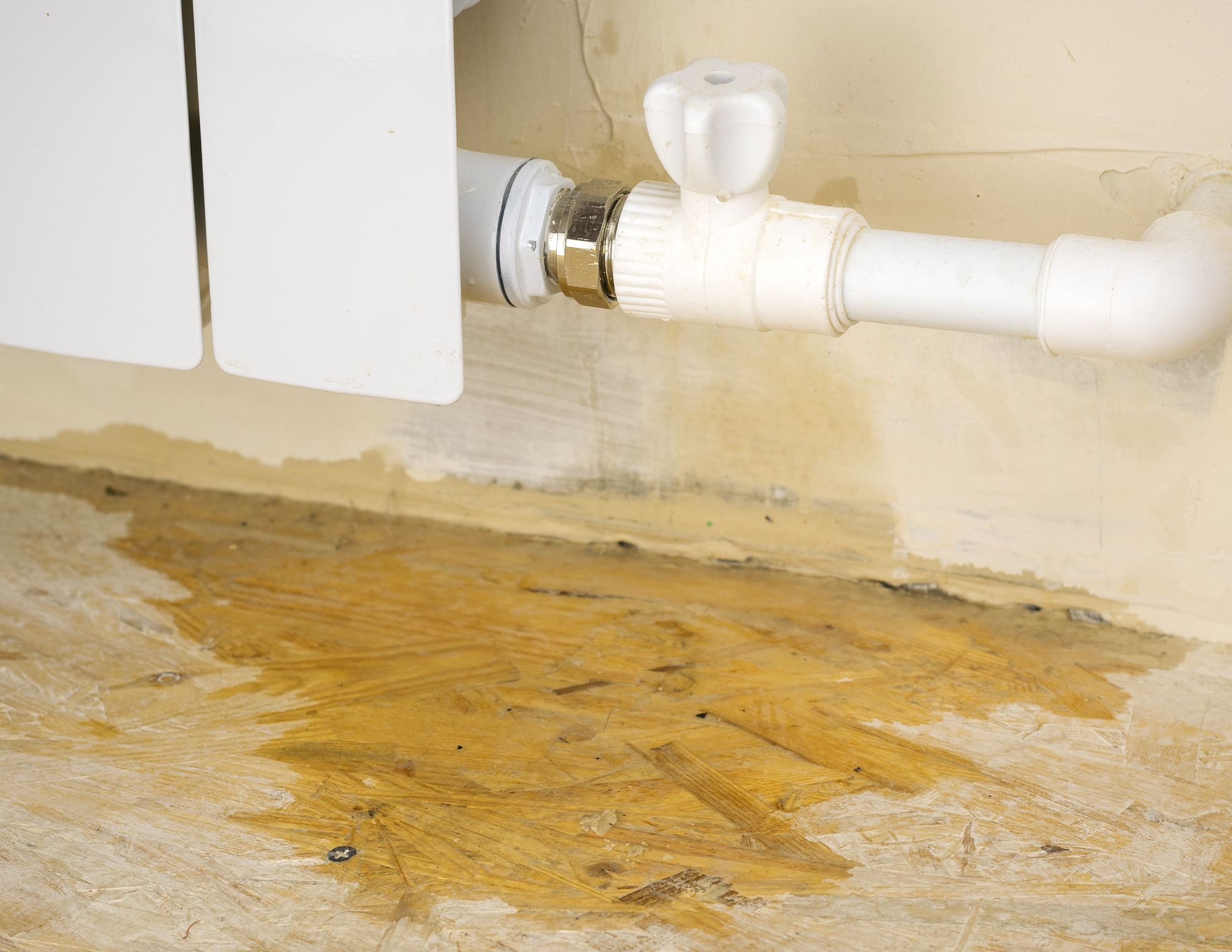Your Residential Most Typical Leak Triggers: Examination
Your Residential Most Typical Leak Triggers: Examination
Blog Article
Just about every person maintains their own piece of advice involving Common Water Leaks In House.

Leaks not just trigger waste of water but can also create unneeded damage to your home and promote undesirable natural development. Regrettably, water leakages might go unnoticed since the majority of the pipework in our house is hidden. By looking as well as understanding for day-to-day circumstances that cause leaks, you can secure your residence from future leakages and also unneeded damage. Today, we will look at 6 leakage causes that might be creating your pipelines to trickle.
Trespassing roots
A lot of water leaks begin outside the house instead than inside it. You may see damp patches or sinkholes in your lawn, as well as that may indicate that tree roots are attacking water lines creating water to seep out.
Corroded water supply
This might be the reason of staining or warping on your water pipes. If our plumbing system is old, consider changing the pipelines because they are at a higher danger of rust than the more recent designs.
Faulty Pipe Joints
The factor at which your pipes connect is frequently the weakest web link in the waterline. Pipeline joints can wear away in time, leading to water leaks. The bulk of pipeline joints are not easily noticeable. If you have loud pipes that make ticking or banging noises, specifically when the warm water is switched on, your pipe joints are most likely under a lot of pressure. It is a good idea to have your plumber evaluate your system yearly.
Immediate temperature changes.
Severe temperature changes in our pipelines can create them to expand as well as get unexpectedly. This expansion and contraction might create splits in the pipelines, especially if the temperature level are below freezing. If you kept an eye on how your plumbing works, it would be best. The existence of the previously discussed situations often shows a high danger.
Poor Water Connectors
At times, a leakage can be caused by loosened tubes as well as pipelines that supply your home appliances. In situation of a water connections leakage, you might observe water running straight from the supply line or pools around your home appliances.
Blocked Drains
Obstructed drains pipes could be annoying as well as inconveniencing, but they can sometimes end up creating an overflow leading to rupture pipelines. Maintain removing any materials that may decrease your drains pipes that might block them to stay clear of such inconveniences.
All the above are root causes of leaks however not all water leaks result from plumbing leaks; some leaks could originate from roof covering leakages. All leaks ought to be repaired instantly to avoid water damages.
Leakages not just trigger waste of water but can additionally create unnecessary damages to your house and advertise unwanted organic growth. By looking and also understanding for daily scenarios that cause leakages, you can safeguard your residence from future leaks and also unnecessary damage. Today, we will certainly look at 6 leakage causes that may be causing your pipes to leak.
At times, a leakage can be caused by loosened tubes and pipelines that provide your appliances. In situation of a water links leakage, you might notice water running directly from the supply line or pools around your devices.
How To Check For Water Leak In Your Home
How To Check for Leaks
The average household's leaks can account for nearly 10,000 gallons of water wasted every year and ten percent of homes have leaks that waste 90 gallons or more per day. Common types of leaks found in the home are worn toilet flappers, dripping faucets, and other leaking valves. These types of leaks are often easy to fix, requiring only a few tools and hardware that can pay for themselves in water savings. Fixing easily corrected household water leaks can save homeowners about 10 percent on their water bills.
To check for leaks in your home, you first need to determine whether you're wasting water and then identify the source of the leak. Here are some tips for finding leaks:
Take a look at your water usage during a colder month, such as January or February. If a family of four exceeds 12,000 gallons per month, there are serious leaks.
Check your water meter before and after a two-hour period when no water is being used. If the meter changes at all, you probably have a leak.
Identify toilet leaks by placing a drop of food coloring in the toilet tank. If any color shows up in the bowl after 10 minutes, you have a leak. (Be sure to flush immediately after the experiment to avoid staining the tank.)
Examine faucet gaskets and pipe fittings for any water on the outside of the pipe to check for surface leaks.
Undetected water leaks can happen without the home or business owner even realizing. If you suspect a water leak, but not able to find the source. It is time to contact a professional water leak detection service, The Leak Doctor.
How To Find a Water Leak In Your Home
https://www.leakdoctor.com/blog/How-To-Check-For-Water-Leak-In-Your-Home_AE197.html

I'm certainly very eager about Common Water Leaks In House and I am assuming you liked the new blog entry. Sharing is nice. One never knows, you might be helping someone out. I am grateful for your time. Come back soon.
Connect, relax, resolved. Report this page